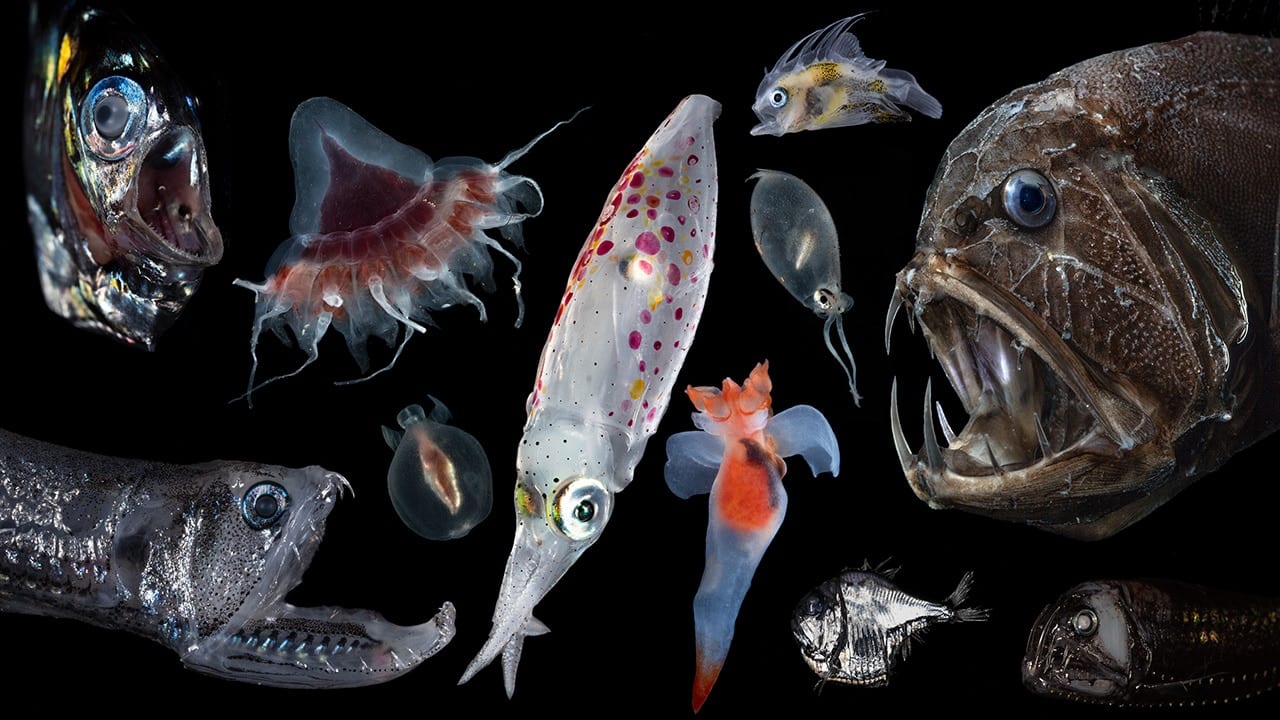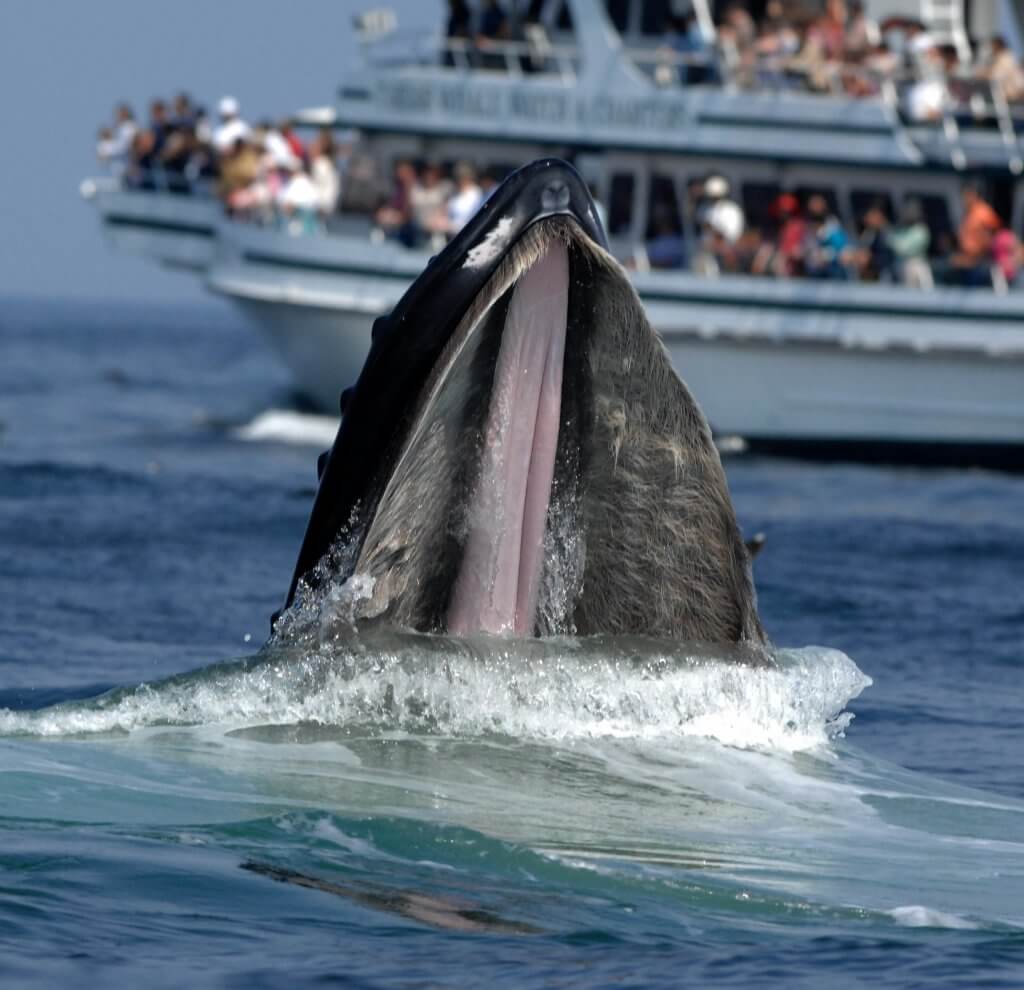Marine Animals Definition Biology

Earth is often referred to as the blue planet because seas and oceans cover more than 75 of the Earths surface.
Marine animals definition biology. As a marine biologist you may study a wide range of topics from the behavior physiology and ecology of specific groups of organisms to the interactions between human activity and aquatic environments. Marine biology is the study of marine organisms their behaviors and interactions with the environment. Spongin- flexible protein fibers.
These organisms take many forms from the tiniest single-celled plankton to the largest animal on Earth the blue whale. Marine biology is the scientific study of plants and animals that live in salt water. Spicules- skeletal elements that support a sponge.
The scientific study of organisms living in or dependent on the oceans. It also deals with airborne and terrestrial organisms that depend directly upon bodies of salt water for food and other necessities of life. A marine biologist is someone who is interested in learning and studying marine organisms and what their lives are like in their natural habitats.
But marine biology is so much more than making a dolphin -- or sea lion -- follow commands. Marine biology is the scientific study of the biology of marine life organisms in the sea. Not only that but water provides a 3-dimensional habitat which increases the available habitat for the animals microbes and plants to live.
Osculum- large opening that lets water out. A thin colorless transparent oil that forms a waxy material when it comes into contact with air. There are a vast array of career choices one can pick from - from studying large ocean animals and what they eat to.
When many people think about a marine biologist they picture a dolphin trainer. In this context the word marine is interchangeable with saltwater. Spongocoel- spacious cavity in sponge.



















